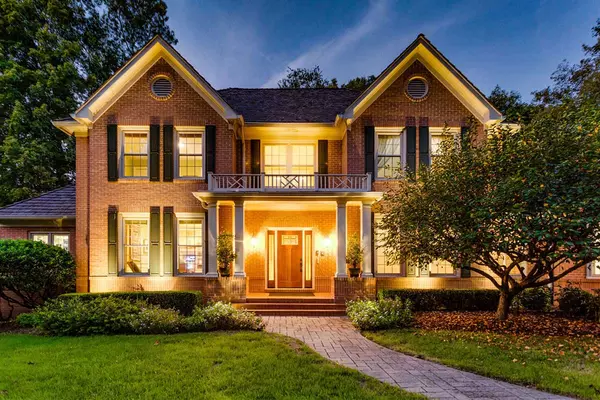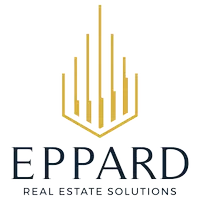Is it better to buy or rent?
Is It Better to Buy or Rent?
Navigating the real estate market can be daunting, especially when faced with the age-old question: Is it better to buy or rent? This decision is influenced by numerous factors, including financial stability, long-term goals, and personal circumstances. Understanding the pros and cons of each option is crucial for making an informed choice.
The Advantages of Buying a Home
Buying a home is often seen as a significant milestone and a symbol of financial success. Here are some of the key benefits:
-
Building Equity – As you pay down your mortgage, you gradually increase your ownership stake in the property. Unlike renting, where monthly payments go to a landlord, homeownership allows you to build wealth over time. If property values rise, you can benefit from appreciation, increasing your net worth.
-
Stability – Homeownership provides security since you are not subject to rent increases or the possibility of eviction. You have control over your living situation, which can be especially valuable for families or individuals looking to settle down in one place for the long term.
-
Freedom to Personalize – Homeowners can renovate, decorate, and modify their homes without needing landlord approval, allowing for a living space that truly reflects personal tastes and needs. Whether it’s remodeling a kitchen or painting walls, you have full creative control over your home’s design and functionality.
Challenges of Buying a Home
Despite its advantages, homeownership also comes with challenges:
-
High Initial Costs – Down payments, closing costs, and moving expenses can be expensive. The upfront financial commitment can be a barrier for many, requiring significant savings before purchasing a home.
-
Maintenance & Repairs – Homeowners are responsible for upkeep, which can be both time-consuming and costly. From fixing leaky roofs to maintaining HVAC systems, unexpected repairs can add financial strain if not planned for.
-
Additional Expenses – Property taxes, homeowners insurance, and potential homeowners association (HOA) fees add to the overall cost of ownership. These ongoing expenses should be factored into your budget when considering a home purchase.
The Benefits of Renting
For some, renting may be the more suitable option. Here’s why:
-
Flexibility – Renting is ideal for those who anticipate relocating for work or personal reasons within a few years. If you’re unsure about settling in one place long-term, renting provides the freedom to move without the hassle of selling a home.
-
Lower Upfront Costs – Without needing a hefty down payment, renters can manage their budget more easily. Security deposits and first month’s rent are usually much lower than the initial costs of purchasing a home, making renting more accessible.
-
No Maintenance Responsibilities – Landlords typically handle repairs and maintenance, reducing unexpected expenses. If an appliance breaks or plumbing issues arise, renters can rely on their landlord to address the problem without incurring extra costs.
-
Access to Amenities – Many rental properties offer perks like pools, gyms, and concierge services without additional costs. These amenities can enhance your lifestyle without requiring a significant financial investment.
Drawbacks of Renting
While renting has its perks, there are also disadvantages:
-
No Equity Building – Unlike homeowners, renters do not benefit from property appreciation or investment returns. Monthly rent payments go to the landlord instead of building personal wealth through property ownership.
-
Potential Instability – Lease agreements expire, and landlords may increase rent or choose not to renew a lease. This lack of control over your living situation can be challenging, especially if rent prices rise unexpectedly.
-
Limited Personalization – Renters often have restrictions on making modifications to their living space. While some landlords allow minor changes, major renovations or significant personalization may not be possible.
Making the Right Decision
Ultimately, the choice between buying and renting depends on individual circumstances and priorities. Consider the following questions:
-
Financial Readiness – Do you have enough savings for a down payment? Can you afford monthly mortgage payments and additional homeownership costs? Assessing your financial stability will help determine if buying is a viable option.
-
Long-Term Plans – Do you see yourself staying in one place for several years, or do you prefer the flexibility to move? If your job or lifestyle requires frequent relocation, renting might be a better fit.
-
Personal Preferences – Do you value homeownership’s stability and customization options, or do you prefer the low-maintenance lifestyle of renting? Your lifestyle goals and priorities will play a significant role in your decision.
Conclusion
The decision to buy or rent depends on your unique financial situation, future goals, and lifestyle needs. Taking the time to evaluate these factors will help ensure a choice that aligns with your long-term financial well-being. Each option has its advantages and disadvantages that must be carefully weighed against personal circumstances and long-term goals. By thoroughly assessing these factors, individuals can make an informed decision that best suits their lifestyle and financial situation.
Recent Posts










